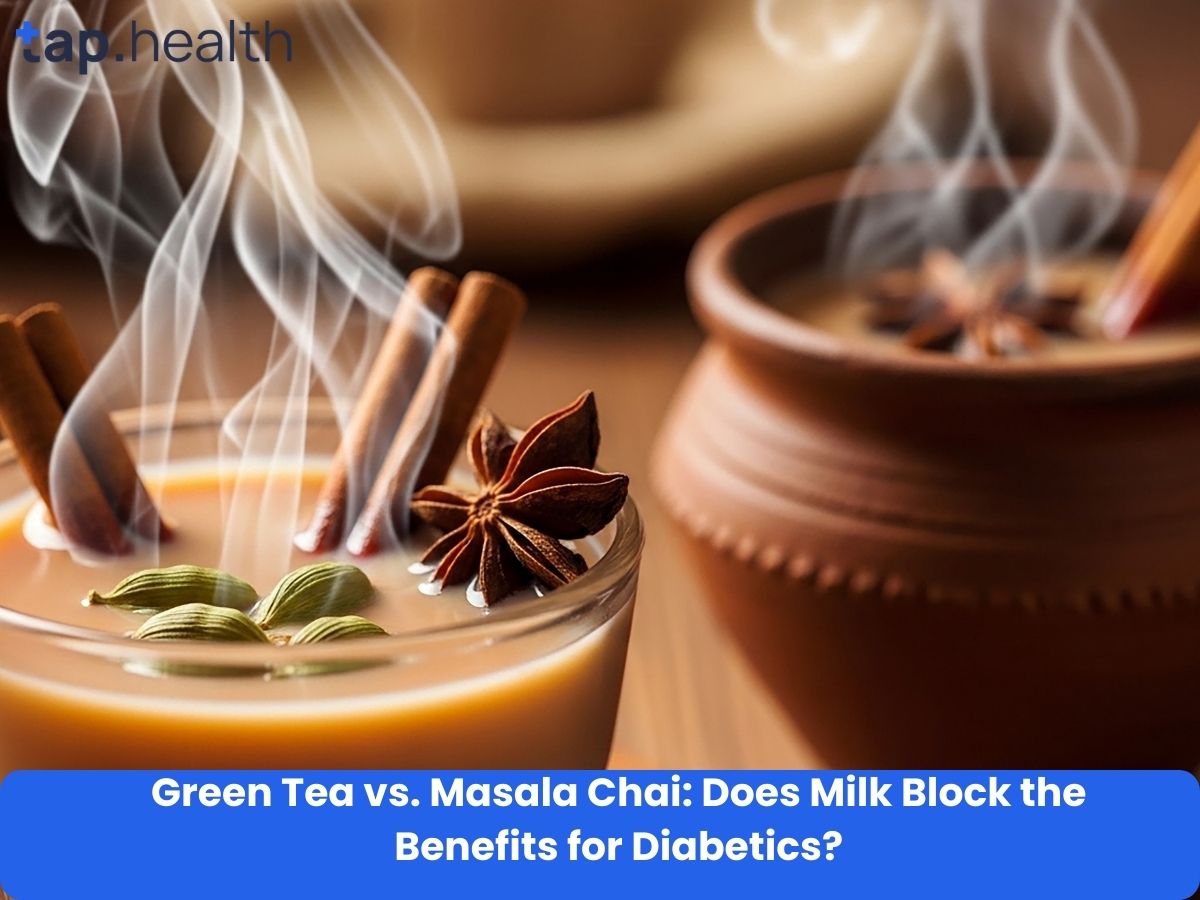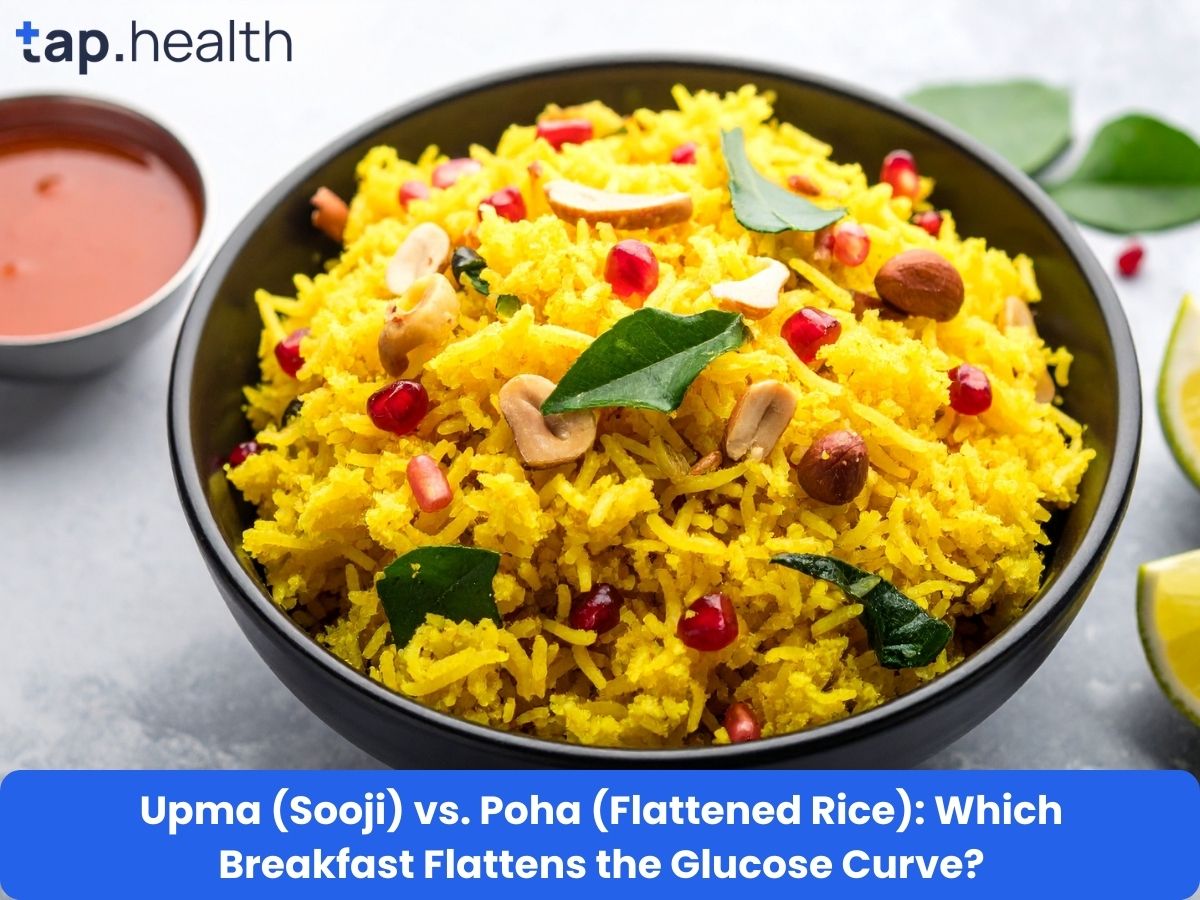Table of Contents
- Essential Nutrients During Pregnancy with Diabetes
- Diabetes in Pregnancy: Your Guide to a Healthy Diet
- What Vitamins Are Crucial During Diabetic Pregnancy?
- Diabetic Pregnancy Diet: Foods to Include & Exclude
- Planning Your Diabetic Pregnancy Meal Plan: A Step-by-Step Guide
- Frequently Asked Questions
- References
Planning a pregnancy with diabetes? Navigating the complexities of Diabetes & Pregnancy: Essential Nutrients for a Healthy Diet can feel overwhelming, but it doesn’t have to be! This blog is your guide to understanding the crucial role nutrition plays in ensuring a healthy pregnancy while managing your diabetes. We’ll explore which vitamins and minerals are essential, offering practical advice and delicious recipe ideas to help you thrive. Get ready to discover how the right food choices can support both you and your baby’s well-being throughout this special journey. Let’s dive in!
Essential Nutrients During Pregnancy with Diabetes
Managing diabetes during pregnancy requires careful attention to nutrition. A balanced diet rich in essential nutrients is crucial for both the mother’s and baby’s health. While individual needs vary, a common guideline suggests approximately 45–60 grams of carbohydrates per meal for gestational diabetes management, although this should always be personalized based on a doctor’s recommendations and regular blood sugar monitoring. This is not a one-size-fits-all approach and consulting a healthcare professional is paramount.
Prioritizing Key Nutrients
In Indian and tropical countries, access to fresh fruits and vegetables is often readily available, providing essential vitamins and minerals. Focus on incorporating foods rich in fiber like lentils (dal), whole grains (rotis made from whole wheat), and leafy greens. Fiber helps regulate blood sugar levels and promotes healthy digestion, particularly important during pregnancy. Fruits like mangoes, bananas, and papayas – common in these regions – offer natural sugars, but should be consumed in moderation and as part of a balanced meal plan to avoid blood sugar spikes.
Protein & Healthy Fats
Sufficient protein intake is essential for fetal growth and development. Lean protein sources such as fish, chicken, eggs, and beans should be included in your daily diet. Healthy fats, found in nuts, seeds, and avocados, are also crucial for brain development and hormonal balance, but should be consumed in moderation. Remember to consult your doctor or a registered dietitian for personalized dietary advice tailored to your specific needs and the availability of foods in your region. It’s also important to understand the potential long-term implications, so learning more about Can You Develop Diabetes After Pregnancy? can be beneficial.
Practical Tips for Indian & Tropical Climates
In hotter climates, staying hydrated is vital. Drink plenty of water throughout the day. Prepare meals that are easy to digest and avoid heavy, fried foods. Consider incorporating traditional Indian spices known for their medicinal properties, always under the guidance of your healthcare provider, to support overall health and well-being. Regular blood sugar monitoring and consistent communication with your doctor are essential for successful pregnancy management with diabetes. Managing blood pressure is also crucial, and you might find helpful information in our article on Top Foods That Help Reduce Hypertension During Pregnancy.
Diabetes in Pregnancy: Your Guide to a Healthy Diet
Managing diabetes during pregnancy requires a carefully planned diet rich in essential nutrients. This is crucial, as gestational diabetes, a type of diabetes that develops during pregnancy, affects a significant number of women globally. While diabetes affects a broad age range, with 61% of those diagnosed between 20-64 years old and 39% aged 65+, the impact on pregnancy necessitates a specialized approach to nutrition.
Essential Nutrients for Pregnant Women with Diabetes
A healthy diet for pregnant women with diabetes focuses on balancing blood sugar levels while ensuring the baby receives sufficient nutrients for healthy development. This means prioritizing complex carbohydrates like whole grains (brown rice, millets, roti made from whole wheat), which are common and readily available in many Indian and tropical countries. Lean protein sources, such as lentils (dal), beans, and fish, are vital for building tissues. Fruits and vegetables, abundant in vitamins and minerals, should be included in every meal. Remember to limit saturated and trans fats, focusing on healthy fats from sources like avocados and nuts.
Practical Tips for a Healthy Diet
Portion control is key. Smaller, more frequent meals throughout the day can help prevent blood sugar spikes. Regular monitoring of blood sugar levels is also crucial to adjust dietary intake accordingly. Consult with your doctor or a registered dietitian to create a personalized meal plan that caters to your specific needs and preferences, considering the readily available foods in your region. They can provide advice tailored to your local food sources, helping you navigate the challenges of managing diabetes during pregnancy effectively. Remember, a healthy diet is the cornerstone of managing diabetes during pregnancy, leading to a healthier pregnancy outcome for both you and your baby. For more detailed guidance on creating a balanced diet during pregnancy, you might find our Diet Plans for Pregnant Women: A Simple, Healthy Guide helpful. And if you’re planning any travel during your pregnancy, be sure to check out our tips on Traveling with Diabetes: Essential Tips for a Safe & Healthy Journey to ensure a smooth and healthy trip.
What Vitamins Are Crucial During Diabetic Pregnancy?
Managing diabetes during pregnancy is crucial, not just for the mother’s health, but also for the baby’s future well-being. Research shows children born to mothers with gestational diabetes are 7x more likely to develop Type 2 diabetes later in life. This underscores the importance of a well-balanced diet rich in specific nutrients. A healthy diet during pregnancy helps regulate blood sugar levels and supports optimal fetal development. Maintaining energy levels is also important, and you might find helpful tips in our article on What to Drink for Energy During Pregnancy.
Essential Vitamins and Minerals for Diabetic Pregnancy:
Maintaining healthy blood sugar levels is paramount, and certain vitamins and minerals play a significant role. Folic acid is crucial for preventing neural tube defects and is especially important for women with diabetes. Vitamin D is vital for calcium absorption, bone health, and immune function, often deficient in tropical and Indian climates. Adequate vitamin B12 intake is also crucial for nerve function and red blood cell formation. In addition, maintaining healthy levels of iron and zinc is key to preventing anemia and supporting fetal growth. These nutrients are easily depleted during pregnancy, so supplementing with a prenatal vitamin tailored for diabetic pregnancies is often recommended.
Dietary Considerations for Indian and Tropical Climates:
In many Indian and tropical countries, dietary habits can influence nutrient intake. Focus on incorporating leafy green vegetables, legumes, and other foods rich in the vitamins and minerals mentioned above. Fruits like citrus fruits, which are rich in Vitamin C, are also beneficial. Consult with a healthcare professional or registered dietitian to create a personalized meal plan that caters to your specific needs and cultural preferences. They can help you navigate the complexities of managing diabetes while ensuring you and your baby receive the necessary nutrients for a healthy pregnancy and beyond. Regular blood sugar monitoring and close medical supervision are essential throughout your pregnancy. For those considering pregnancy, understanding how diabetes affects fertility is a crucial first step.
Diabetic Pregnancy Diet: Foods to Include & Exclude
Managing diabetes during pregnancy requires extra care. A well-balanced diet helps keep your blood sugar levels stable while supporting your baby’s healthy growth.
👉 Target blood sugar levels during pregnancy:
-
Before meals (fasting): 80–130 mg/dL
-
1–2 hours after meals: less than 180 mg/dL
The goal is to choose foods that release glucose slowly, avoid those that cause sudden spikes, and maintain steady energy levels throughout the day.
✅ Foods to Include
Focus on nutrient-rich, high-fiber foods that provide lasting energy and support your baby’s development.
-
Complex carbohydrates:
-
Brown rice, whole wheat rotis, oats, quinoa, and millets
-
These staples (common in Indian and tropical diets) digest slowly and help prevent sugar spikes.
-
-
Fruits and vegetables:
-
Fresh, seasonal produce like guava, papaya (in moderation), spinach, beans, and carrots
-
Rich in vitamins, minerals, and fiber.
-
-
Lean proteins:
-
Lentils (dal), chickpeas, fish, skinless chicken, and eggs
-
Support tissue growth for both mother and baby.
-
-
Healthy fats:
-
Nuts (almonds, walnuts), seeds (flax, chia, sunflower), and avocado
-
Provide essential omega-3s and keep you fuller longer.
-
💡 Tip: Work with your doctor or a registered dietitian to create a personalized plan.
👉 For early pregnancy diet tips, see: First Month Pregnancy Diet Chart: Foods to Eat and Avoid – Tap Health.
🚫 Foods to Exclude
Avoid foods that can cause rapid blood sugar spikes or add unhealthy fats.
-
Refined carbs & sugars:
-
White bread, white rice, pastries, sweets, and sugary drinks.
-
-
Highly processed foods:
-
Packaged snacks, fried foods, and instant noodles.
-
-
Unhealthy fats:
-
Limit deep-fried foods, butter-heavy dishes, and excess red meat.
-
-
Portion control:
-
Even healthy foods should be eaten in moderation.
-
Small, frequent meals (every 2–3 hours) help stabilize blood sugar better than large, heavy meals.
-
🌴 Actionable Advice for Indian & Tropical Regions
-
Take advantage of locally available foods: millets, fresh tropical fruits, leafy greens, lentils, and coconut (in moderation).
-
Increase fiber intake with vegetables, dals, and whole grains.
-
Keep hydration in check—drink enough water, especially in hot, humid climates.
-
Consult a nutritionist familiar with gestational diabetes for customized meal plans using regional foods.
-
Continue with regular check-ups and blood sugar monitoring throughout pregnancy.
The Bottom Line
A diabetic pregnancy diet doesn’t mean giving up taste—it’s about making smart food choices to protect both you and your baby. By focusing on whole, fiber-rich foods and avoiding refined carbs and sugars, you can maintain stable blood sugar and enjoy a healthy pregnancy.
Planning Your Diabetic Pregnancy Meal Plan: A Step-by-Step Guide
Managing diabetes during pregnancy, especially in regions like India where approximately 2.5 million cases of gestational diabetes are reported annually, requires careful meal planning. A well-structured diet is crucial for both your health and your baby’s development. This step-by-step guide will help you navigate the process.
Step 1: Consult Your Doctor
Before making any significant dietary changes, consult your doctor or a registered dietitian. They can assess your individual needs and recommend a personalized meal plan based on your blood sugar levels and overall health. This is especially important given the variations in dietary needs across different regions and ethnicities in India and tropical countries.
Step 2: Focus on Complex Carbohydrates
Prioritize complex carbohydrates like whole grains (brown rice, oats, millets), legumes (lentils, chickpeas), and starchy vegetables (sweet potatoes, pumpkin) over refined carbohydrates (white bread, white rice, sugary drinks). These release glucose into the bloodstream more slowly, preventing sharp spikes in blood sugar. Incorporating regional staples like rajma or moong dal can be healthy and delicious choices.
Step 3: Include Lean Protein and Healthy Fats
Lean protein sources, such as fish, poultry, beans, and lentils, are vital for building and repairing tissues. Healthy fats from sources like avocados, nuts, and seeds help regulate blood sugar and support fetal brain development. Remember to limit saturated and trans fats.
Step 4: Portion Control and Regular Meals
Maintain consistent blood sugar levels by eating smaller, more frequent meals throughout the day. This prevents both hypoglycemia (low blood sugar) and hyperglycemia (high blood sugar). Tracking your food intake can be very beneficial. For more ideas on easy and nutritious meals, check out Pregnancy Meal Plans: Easy and Nutritious Recipes for Moms-to-Be.
Step 5: Stay Hydrated
Drink plenty of water throughout the day to aid in digestion and overall well-being. Avoid sugary drinks.
By following these steps and working closely with your healthcare provider, you can create a healthy and effective diabetic pregnancy meal plan that supports a healthy pregnancy for you and your baby. Remember to adapt your plan to suit your individual needs and preferences, keeping in mind the readily available resources and traditional food in your specific region. For a broader understanding of dietary needs during pregnancy, you might find What is the Diet Plan in Pregnancy? helpful.
Frequently Asked Questions on Diabetes & Pregnancy: Essential Nutrients for a Healthy Diet
Q1. What is the key to managing diabetes during pregnancy?
Managing diabetes during pregnancy involves a carefully planned diet rich in essential nutrients for both you and your baby, combined with regular blood sugar monitoring and close communication with your doctor.
Q2. What types of foods should I focus on during pregnancy with diabetes?
Prioritize complex carbohydrates (whole grains, legumes), lean protein (fish, chicken, lentils), and healthy fats (nuts, avocados). Limit refined carbohydrates and saturated fats. Fiber-rich foods help regulate blood sugar.
Q3. Will I need to take any supplements during pregnancy with diabetes?
Your doctor may recommend prenatal vitamins, especially those containing folic acid, vitamin D, B12, iron, and zinc, to address potential nutrient deficiencies.
Q4. How can I manage my blood sugar levels effectively throughout the day?
Eating smaller, more frequent meals can help prevent large blood sugar spikes. Regular blood sugar monitoring, as directed by your doctor, is crucial.
Q5. Is it important to consider my individual needs and preferences?
Absolutely! Your dietary plan should be personalized to your individual needs, considering your cultural preferences and the availability of foods in your region. A healthcare professional can help you create a suitable and sustainable plan.
References
- A Practical Guide to Integrated Type 2 Diabetes Care: https://www.hse.ie/eng/services/list/2/primarycare/east-coast-diabetes-service/management-of-type-2-diabetes/diabetes-and-pregnancy/icgp-guide-to-integrated-type-2.pdf
- Children with Diabetes : A resourse guide for families and school. : https://www.health.ny.gov/publications/0944.pdf



